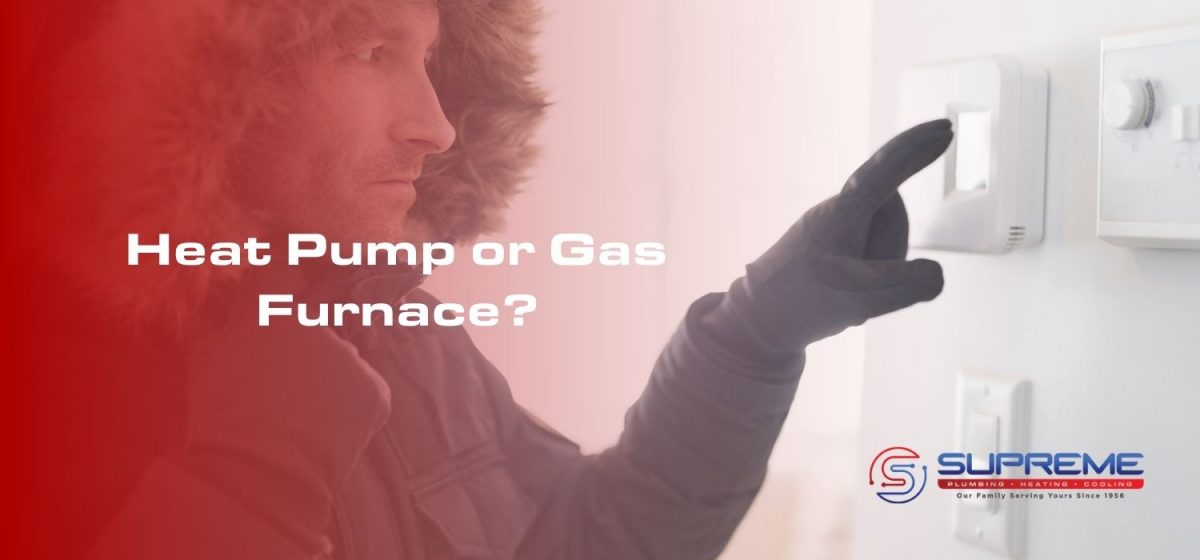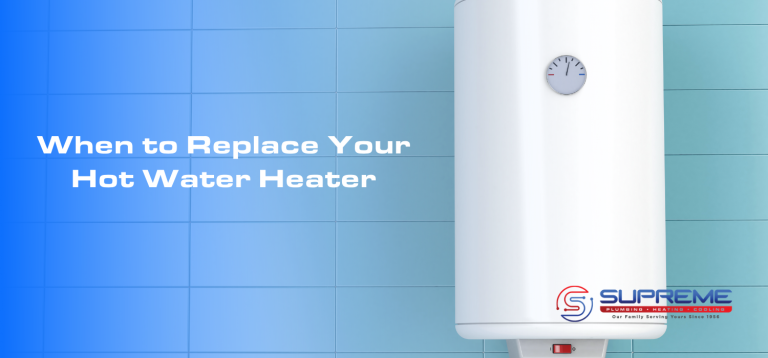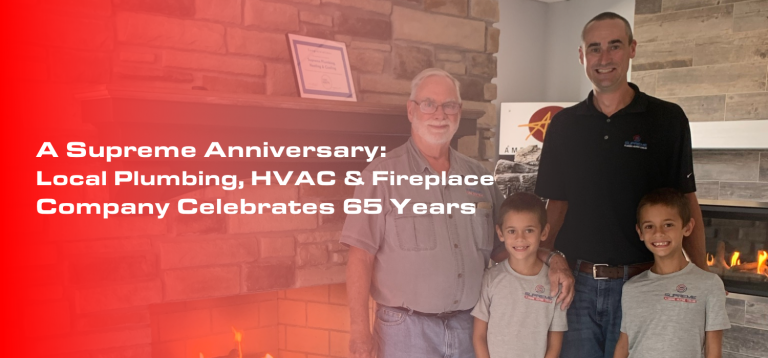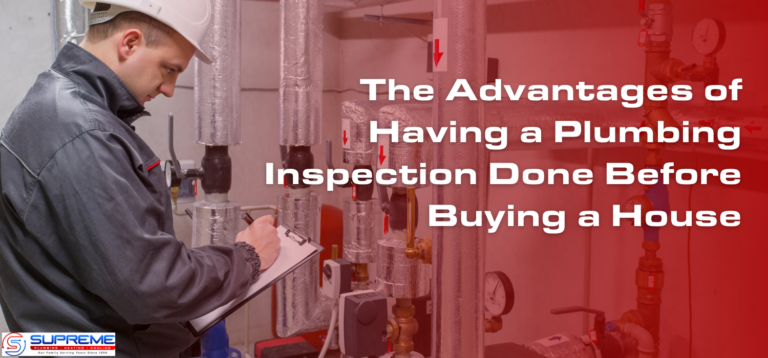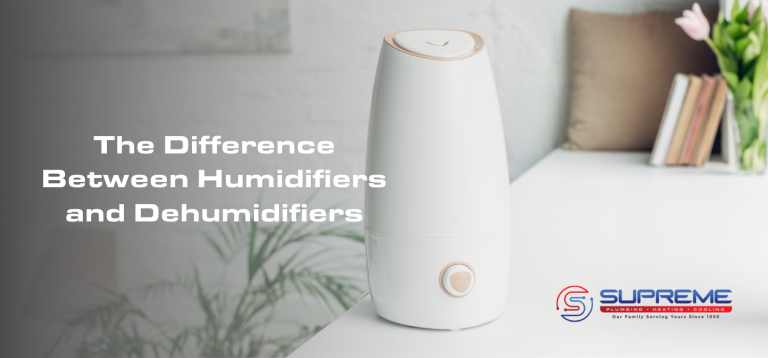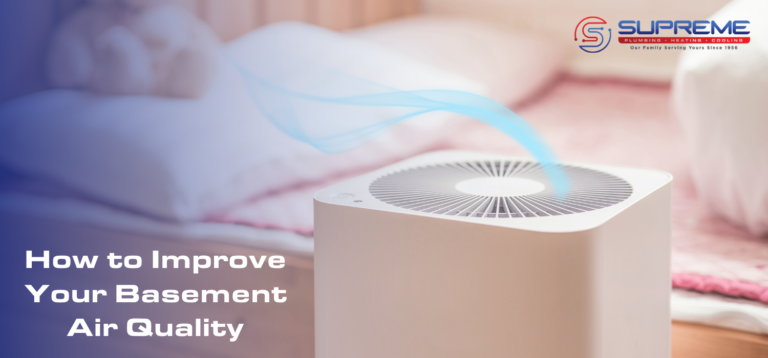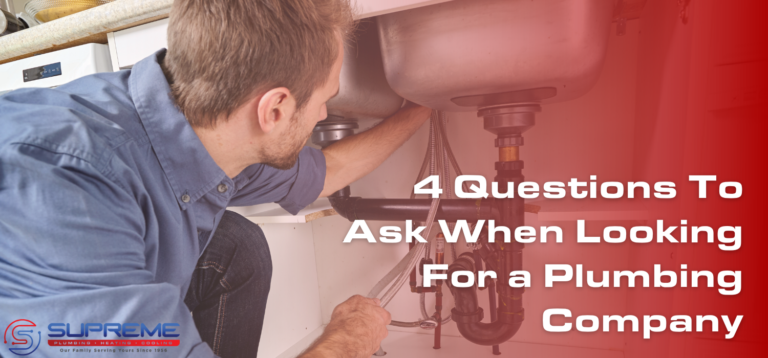Deciding what’s the best way to heat your home is an important decision to make. There’s a lot of options out there, and unless you’re a home heating expert, deciding this can feel confusing. However, the two most common ways to heat a home are through a gas furnace or a heat pump.
Below, we outline the pros and cons of each heating system, the differences, and more to help you decide what works best for you and your family.
What is a Heat Pump?
As part of a central heating and cooling system, a heat pump uses outdoor air to both heat and cool a home.Therefore, heat pumps carry a dual purpose; it acts as an air conditioner in the summer and a heater in the winter.
This makes heat pumps an incredibly versatile product, and one that’s increasing in popularity among homeowners.
How Long Do Heat Pumps Last?
On average, heat pumps last 15 years. However, some can wear out after just a decade.
The most important factor that determines the lifespan of your heat pump is regular maintenance and repairs as needed.
How Much Does a Heat Pump Cost?
A new heat pump’s cost depends on a number of factors, such as the size of your home, energy efficiency, brand name, and much more.
While the upfront cost is typically higher compared to a gas furnace, a heat pump may save you money in the long run as it simply moves warm air around rather than producing heat.
Are Heat Pumps Efficient?
Under ideal weather conditions, a heat pump can transfer 300 percent more energy than it consumes. Since heat pumps are powered by electricity, you can substantially save on your heating bill by using this system.To find the most efficient heat pump model, you should check out its Heating Seasonal Performance Factor (HSPF) rating, which is explained further here.
As heat pumps produce air that’s naturally humid, your skin won’t experience the typical levels of winter dryness.
However, heat generated from heat pumps generally isn’t as hot as what you would expect from a gas furnace.
What is a Gas Furnace?
As the most common heating system in the United States, a gas furnace converts fuel into heat that’s then distributed throughout your home. All furnaces consist of four main parts:
- Burner: The section of the furnace where the gas mixes with air and is burned.
- Heat Exchanger: Responsible for keeping your breathing air and the combustion process separate.
- Blower Motor: This part of your furnace blows the heated air throughout the vents in your home.
- A Flue: A metal tube that vents fumes and carbon monoxide safely away from the inside of your home.
How Long Does a Furnace Last?
The average lifespan of a gas furnace is approximately 15-20 years. However, completing annual maintenance and remaining diligent about potential repairs can extend its life far longer.
While Supreme PHC offers 24-hour emergency service, you can avoid many expensive emergency repairs by regularly scheduling annual maintenance for your furnace.
We offer service agreements where your furnace maintenance is done on a regular basis, giving you peace of mind no matter the weather.
How Much Does a Furnace Cost?
Typically, furnaces generate heat at a lower price than electric heating systems. However, like heat pumps, the cost of a new furnace replacement depends on the size of your home, the equipment’s sophistication, and the furnace’s efficiency.
As installing a furnace is no easy task, keep in mind that installation and labor also play a key role in the cost of a new furnace.
Are Furnaces Efficient?
Furnaces are known to generate heat throughout the home rather quickly. However, older furnaces can cause higher heating bills, which is why it may be worth it to upgrade to a newer furnace.
To start, you should check out the model’s Annual Fuel Utilization Efficiency (AFUE) rating, which is explained in detail here.
Choosing the Right Heating System for Your Home
So, which is the best heating system for your home? Ultimately, it comes down to personal preference and the size of both your home and budget.
Whatever you choose (or if you’re still not sure), contact us today. We can help you make the best choice for your home. Our West Central Indiana team is experienced in installing both, regardless of the heating system you choose.

